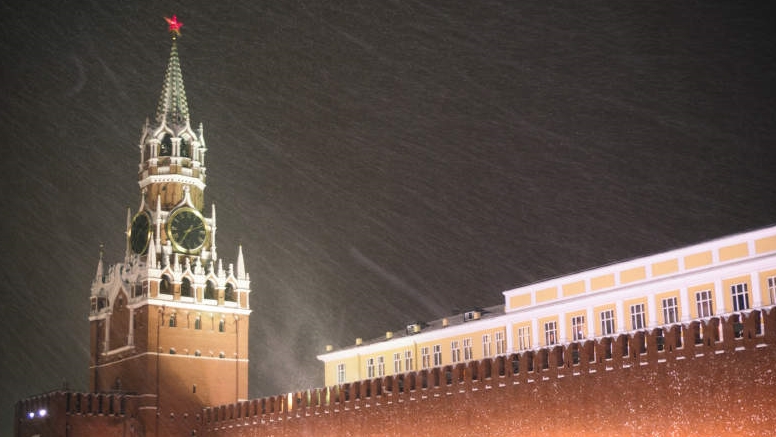Russia might switch thousands of government computers to Linux to spite Microsoft
Harsh re-Crimea-nations against sanctions.

Russia's new internet czar has given a crazy interview in which he has said it is "inevitable" that the country will switch all of the computers owned by the state over from Windows to Linux.
This comes as a reaction to US companies complying with the embargo against business in Crimea, following Russia's occupation of the peninsula. Over 22,000 local authorities will make the switch.
"It's like a wife seeing her husband with another woman -- he can swear an oath afterward, but the trust is lost", German Klemenko said.
The Linux switch-over is just one of a proposed raft of measures aimed at penalising western companies operating in Russia.
Klemenko also said that more taxes should be levied towards the likes of Google. British readers might be thinking "fair enough" at this point.
According to Bloomberg, Klemenko's ally in the Russian Parliament, Andrey Lugovoi wants to impose VAT of up to 18% on up to 300 billion rubles of revenue earned by the biggest tech firms.
The intention is to give domestic Russian companies, like search engine Yandex, a chance to compete with its bigger American rivals.
Sign up for breaking news, reviews, opinion, top tech deals, and more.
At the moment, tax on Google Play purchases in Russia go to the country Google Play is based in, rather than Russia itself. He says the current situation makes Russia a "banana republic".
In Soviet Russia, Linux recompiles you
The Linux switch is perhaps the most interesting move though, as this has been mooted before by a number of countries unhappy with American technological dominance.
According to the Inquirer, China nearly made the switch until Microsoft was able to reach a deal with the government. North Korea also has its own version of Linux, which looks like a rip-off of MacOS.
It'll be interesting to see if Russia can manage it successfully, as such a move could set an interesting precedent though perhaps it could ultimately be a good move… for the West.
If the Russian experience with Linux is anything like everyone else's, trying to do something as simple as change screen resolution could mean that users are forced to recompile the kernel and reinstall the entire operating system. Which will probably slow down any Russian advance into the Baltics, at least a little bit.